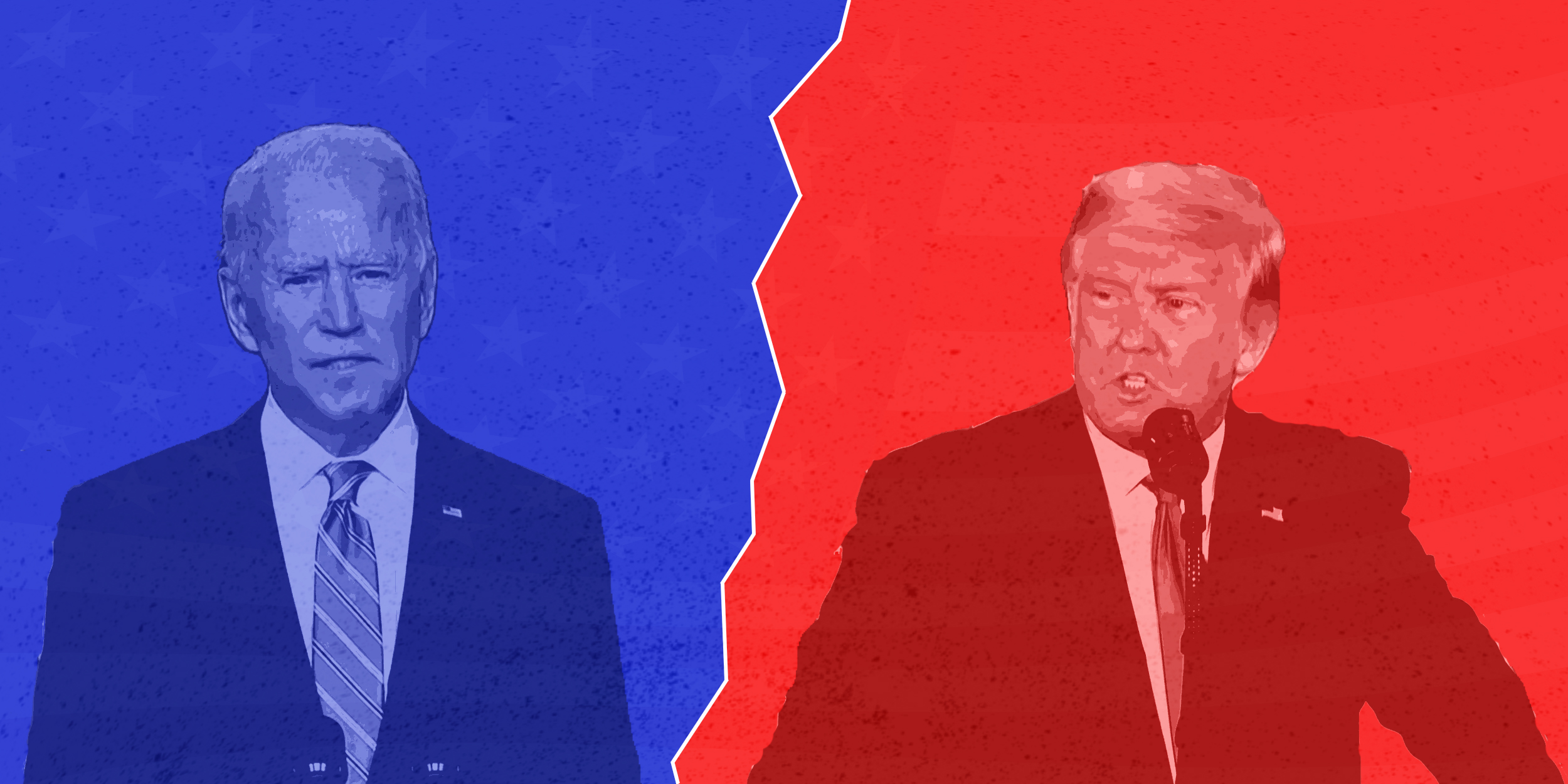Francisco Panizza argues that, far from being an isolated moment of madness, Trump’s refusal to concede the 2020 US election is a continuation of the populist political strategy he has pursued since 2016.
Trump’s refusal to concede the election is being portrayed by the press as confirmation that he is both mad and bad. He may be bad, but he is certainly not being mad. On the contrary, his actions are consistent with the populist political strategy that has served him well throughout his political career.
When Trump campaigned and won as a populist in 2016, many observers and “moderate” Republicans thought that he would govern as a good old mainstream Republican. Of course, he didn’t, he ruled as a populist. This included preserving the dynamic of antagonism characteristic of populist discourse, attacking the state bureaucracy (“the deep state”) and challenging the neutrality of liberal democratic institutions (“an Obama judge”). He used a transgressive language that separated him from the “high politics” of the political class and indeed from the conventions of the office of the presidency, while shifting the limits of what was sayable and hence doable in US politics. Trump’s presidency was also characterised by another element of populist politics, the permanent campaigning that consolidated and mobilised his political base and reinforced his direct, unmediated relationship with millions of Americans.
When it became clear that Trump had lost the election the commentariat thought that he should behave as a good old liberal democrat and concede. Once again, they are being left disappointed. Why should he? By claiming electoral fraud and refusing to concede, he is fuelling the long-held grievances of his base. In 2016, Trump told his supporters that their voices were not being heard, now he is telling them that their votes are not being counted. In both cases his supporters believe that they have been denied their claim to incarnate the true American people and the exercise of their sovereign rights.
By alleging mass fraud that would require the complicity of Democratic Party voters, the party’s machine and Democratic-leaning electoral authorities, Trump is creating an antagonism that is both wider and deeper than the one he set up against Hillary Clinton in 2016. In fact, one of the weaknesses of Trump’s 2020 electoral campaign was that it was difficult for him to demonise Biden, as he did with Clinton. Now, he is denying legitimacy to his government and othering his voters as cheaters. By further polarising American politics, Trump is also strengthening his grip on the Republican party, as seen by the lack of any substantial challenges to his allegations of fraud from the Republican establishment. Today, Trump owns the votes, owns the narrative and owns the party.
Traditionally elections mark the end of electoral campaigns. For Trump they have just meant the continuation of a campaign that he started as an outsider in the Republican primaries of 2016 and that may extend to 2024. In a certain way, he is now even more an outsider than in 2016: painting himself as the first president of the USA denied of electoral victory by a massive conspiracy. Whether this strategy is successful and, indeed, whether he will run again in 2024 remains to be seen. Meanwhile, 72 million voters, a majority of whom, according to the polls, believe that he was cheated, is not an unsubstantial political capital. Indeed, why would he concede?
Francisco Panizza is co-editor of a new book, ‘Populism in Global Perspective. A Performative and Discursive Approach‘, available in December 2020.
Note: this article gives the views of the author, and not the position of the LSE Department of Government, nor of the London School of Economics.




Excellent points, Francisco. At the same time, I think we should ask why Trump’s populist narrative ‘sticks,’ and to answer this question we need to move beyond the sphere of discursive representation: beyond the construction of antagonisms through discourse. As you say, it’s crucial to note and analyse the widening and deepening of support for Trump even with Biden’s slim win in the Electoral College and 5M+ popular vote margin. I argue in another blog on this site that this has a great deal to do with the spread of precarious work-life throughout the general working population in ways that transcend divisions of class, race and ethnicity. Such precarity dis-ables key practises of democratic citizenship and leaves working people prone to the appeals of right-wing populism. (See https://blogs.lse.ac.uk/government/2020/11/06/is-this-a-tipping-point-for-democracy-our-experts-react-to-us-election-2020/) Thanks for your cogent analysis.